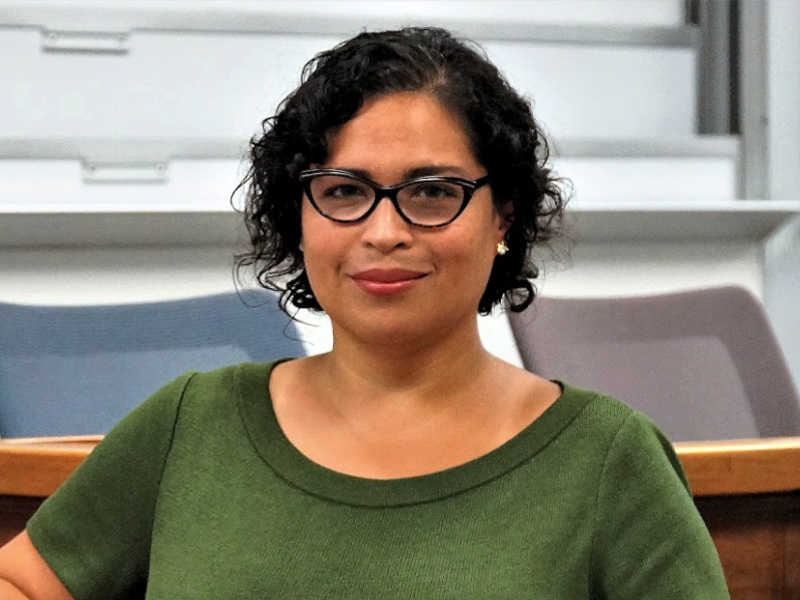Home / Politics’ influence on local criminal justice is the subject of Tulane Law Gamm symposium
Politics’ influence on local criminal justice is the subject of Tulane Law Gamm symposium
March 15, 2023 3:00 PM
|

The impact of politics on jails, prisons, courts, prosecutors, police, and defense attorneys are just a few of the topics that will be addressed at this year’s Gordon Gamm Comparative Law and Justice Symposium on March 31, 2023.
The event will be held at Tulane Law’s John Giffen Weinmann Hall, 6329 Freret Street, from 10 a.m. to 4:30 p.m. with presentations in Room 157. It is free and open to the public and is available via live stream by following this zoom link.
Leading this year’s Symposium, which is titled The Politics of Local Criminal Justice, is Tulane Law Professor and Gordon Gamm Faculty Scholar Maybell Romero, a national leader in the study of ethical issues in rural and local criminal legal systems. The Gordon Gamm Award, founded in 2014 by Tulane Law alumnus Gordon Gamm (L ’70) and his wife, Grace, supports the work of early-career professors.
See the full Symposium schedule here.
Professors and scholars presenting include Valena Beety (Sandra Day O'Connor College of Law, Arizona State University), Bennett Capers (Fordham University School of Law), Shih-Chun "Steven" Chien (Cleveland-Marshall College of Law), Cynthia Godsoe (Brooklyn Law School), Paul Gowder (Northwestern Pritzker School of Law), Brandon Hasbrouck (Washington and Lee University School of Law), Carissa Hessick (University of North Carolina School of Law), Pamela Metzger (SMU Dedman School of Law), and Ronald Wright (Wake Forest University School of Law).
Romero, the Gordon Gamm Faculty Scholar, teaches at the intersection of criminal law, criminal adjudication, and professional ethics. Much of her research focuses on rural criminal legal systems and prosecutorial ethics, informed by her nearly 10 years of law practice as a prosecutor, defense attorney, and general practitioner in a small community in northern Utah.
Her most recent work, “Ruined”, published by the Georgetown Law Review, examines the language judges use when sentencing defendants convicted rape, sexual assault, and sexual abuse that describes victims of those crimes and the harms they have sustained, especially language that describes victims as “ruined,” “broken,” or “destroyed.” Romero argues that the use of such language, while apparently meant to be empathetic, only serves to uphold misogynistic understandings of rape and sexual assault and actively harms victims.
To join the Gamm Symposium online, follow this link.
To see the full Symposium schedule, click here.